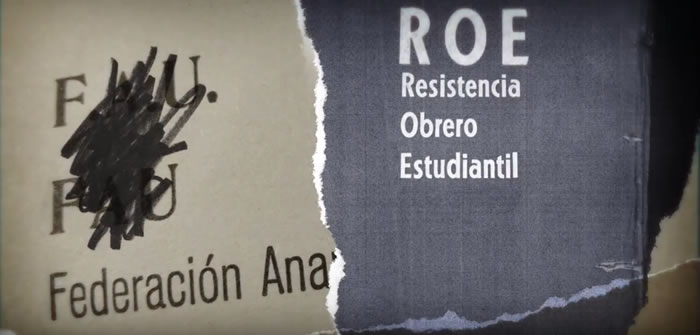The political documentary “Kollontai, Notes on the Resistance,” produced by an Argentine team, tells the story of Uruguayans’ fight to end the civic-military dictatorship that ruled their country between 1973-1985, beginning with the founding of the Victory of the People Party (PVP) in 1975 in Buenos Aires.
With two years of dictatorship behind them, militants of different political sectors of the left launched the so-called “Alejandra Campaign” in honor of the Russian Bolshevik Alexandra Kollontai (1872-1952), for the purpose of establishing in secret a new political party from Buenos Aires.
The new organization – the PVP – is today part of the leftist Frente Amplio (FA) coalition that governs Uruguay.
Nicolas Mendez Casariego, director and screenwriter of “Kollontai,” told EFE that his interest in this story began with an informal conversation with the director and founding member of the PVP, Lucho Ruiz, a relative of film producer Adriana Moreira Ruiz.
The original idea was to shoot a series of interviews of survivors of the clandestine detention center behind the facade of “Orletti Automobiles,” a torture chamber in the Argentine capital that many Uruguayan captives passed through.
However, the project kept growing and once Ruiz told the story of the PVP’s founding, that became the producers’ main point of interest, given the effort it must have taken for the militants to organize a political revolutionary party in secret.
“It seemed to us an exemplary case for talking about those who, under an iron-fisted dictatorship, decided to organize a party and launch of resistance campaign,” Mendez Casariego said.
The Alejandra Campaign required dozens of trips between Montevideo and Buenos Aires, where many of Uruguay’s leftist militants had gone into exile.
Mendez Casariego said that during the five years needed to complete the project, he was constantly surprised to see the producers’ original thesis confirmed: “Dictatorships don’t fall from power by themselves, it takes people who form a resistance.”
The PVP witnessed that resistance and attracted “other organizations,” the director said.
Though its creators define it as a political documentary, it also includes fictional elements that give it a touch of docudrama.
“Kollontai,” 70 percent of which was financed with funds from Argentina’s National Institute of Cinema and Audiovisual Arts (INCAA), will screen this Tuesday as part of the International Film Festival of Uruguay, organized by Cinemateca, the country’s leading cinema institution.

